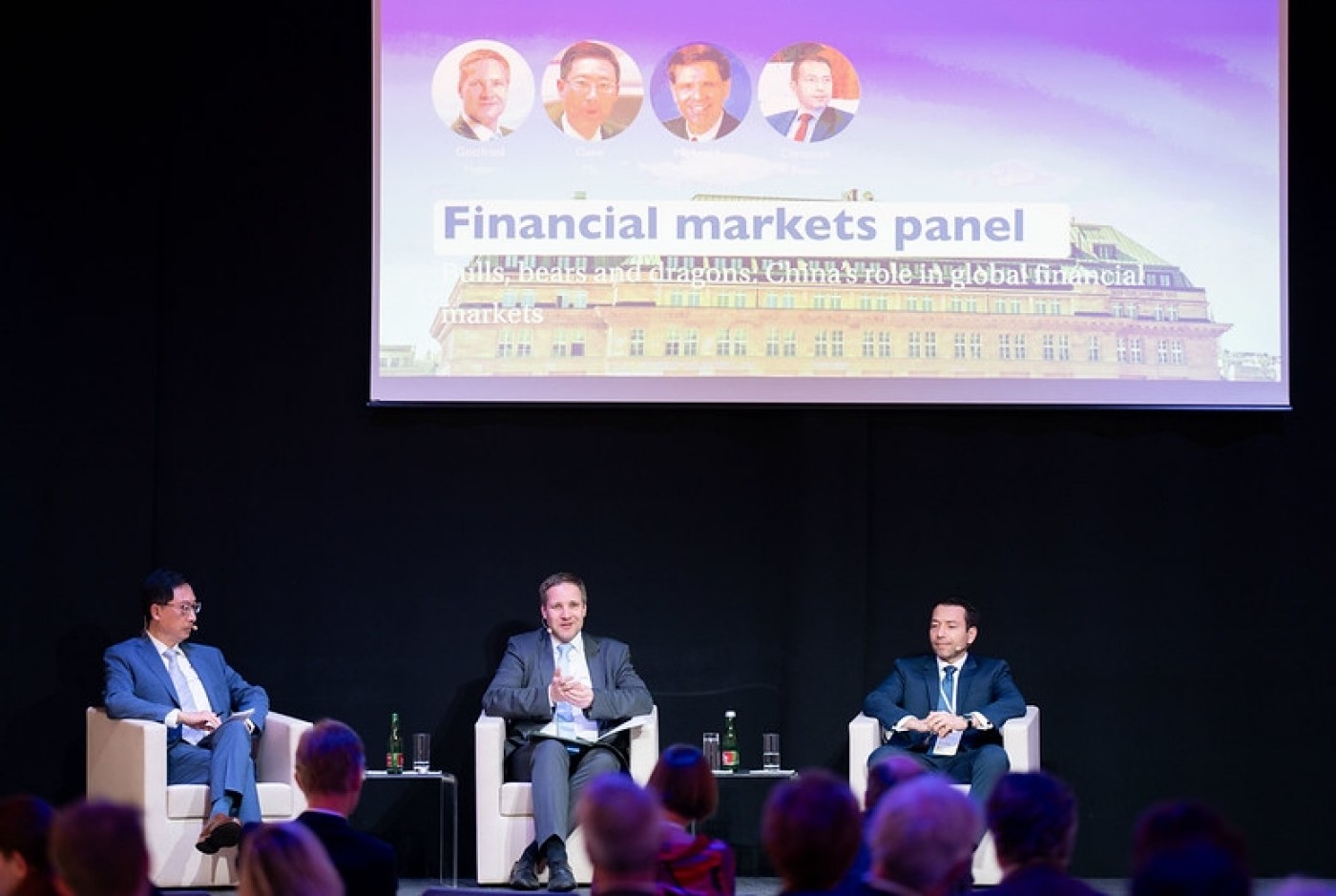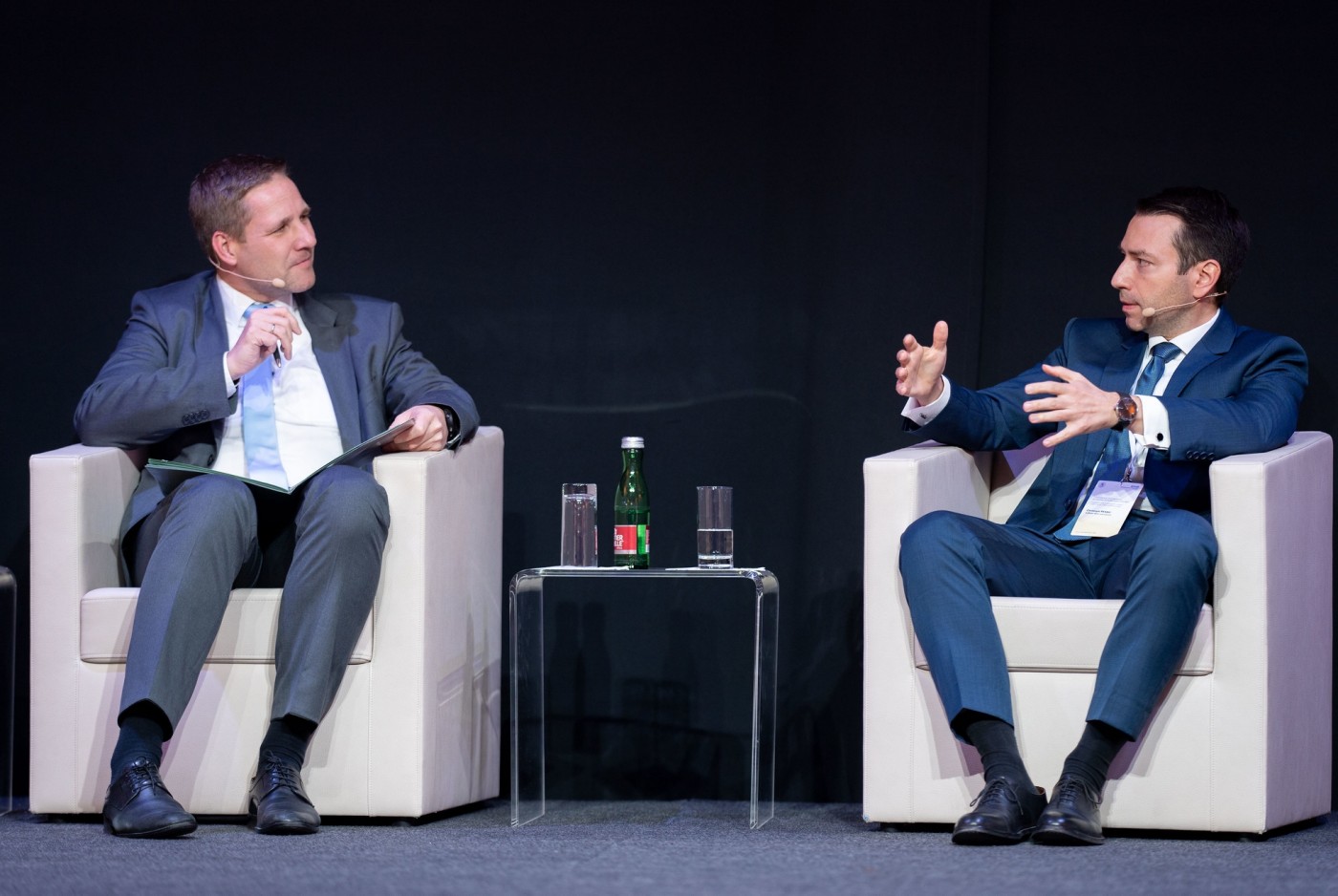Conference on European Economic Integration (CEEI): Geopolitical shifts and economic strategies
On November 6 and 7, this year's Conference on European Economic Integration (CEEI) took place in Vienna to assess the economic role of China for Central, Eastern and Southeastern Europe (CESEE) as well as for the euro area. Organized by the Austrian National Bank (OeNB) and attended by some 300 participants, the conference every year brings together leading global experts from the fields of economic research, finance, and monetary policy. Since the economies of CESEE are a key area of research for OeNB, this year's participants were invited to discuss the region's manyfold economic relations with China in the light of geostrategic shifts and new economic strategies.

The conference program outlined today’s challenges in this context: “Although Europe’s economic model traditionally rests on open economies and a multilateral order, it is also dependent on a few suppliers of vital commodities and services. This is particularly the case for the CESEE area. Thus, while rebalancing is needed, it should not come at the cost of disrupting reliable trade relations and global cooperation. In the face of today’s challenges, Europe’s relations with China were particularly crucial”. The panels and keynotes at CEEI 2023 therefore dealt with a broad range of strategic questions.

Raiffeisen Bank International was represented at the conference by Christoph Pesau, Senior Advisor to the Board. As the bank has been active in China since 1995, it acts as a bridge between CESEE and China, with expertise in both regions. Mr. Pesau spoke on the financial markets panel, which discussed China's role in global financial markets. The panelists covered topics ranging from China's role as an international lender to the internationalization of the renminbi and the balancing of capital flows to and from China. During the discussion, Mr. Pesau also gave an outlook on the near future of the relationship between the two economies:
“Europe and China have profited from each other ever since China’s Opening Up Policy, especially in industry. Integrating financial markets, given the current progress in financial technology, can become the next stage of economic development for the two regions”